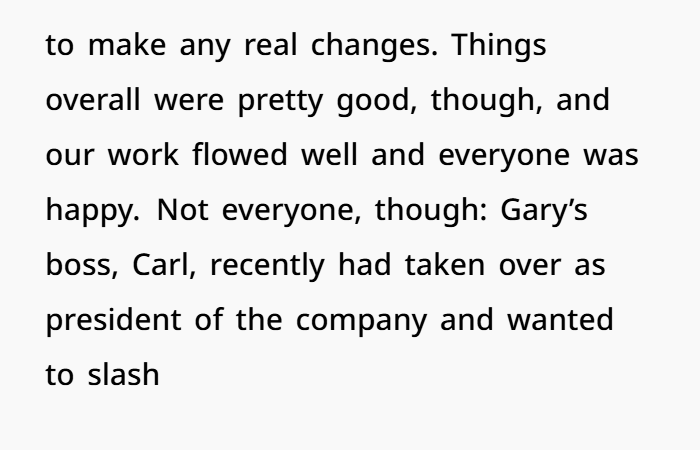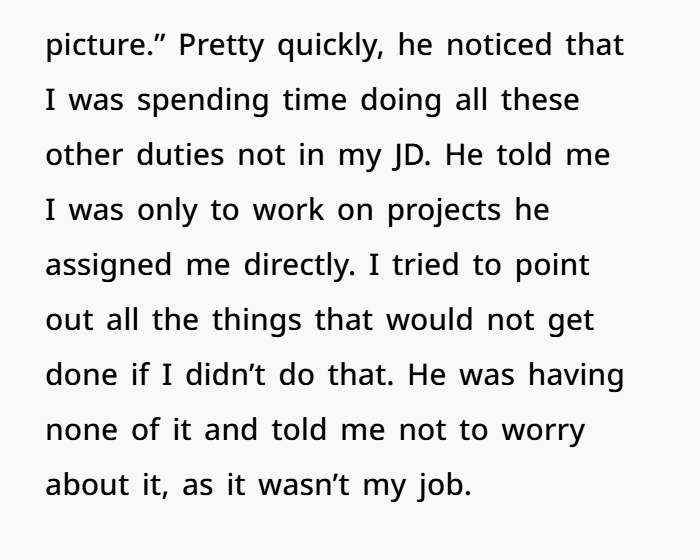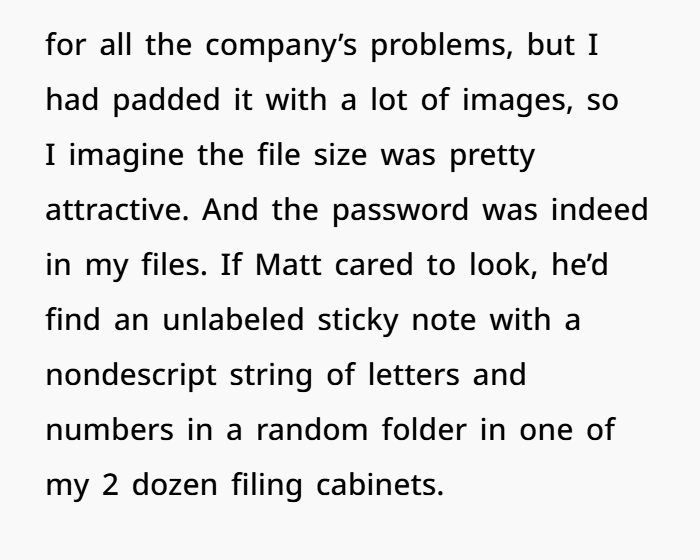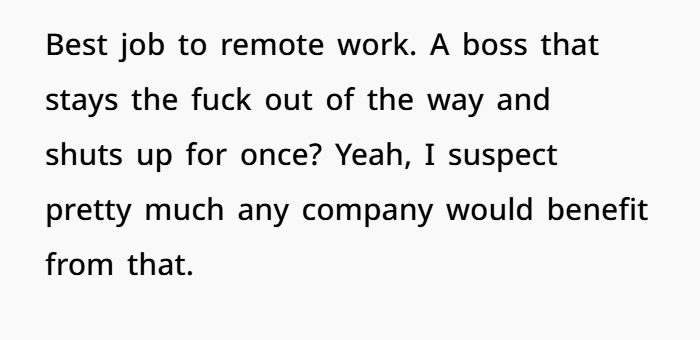How a Clueless Manager Destroyed an Entire Department by Ignoring Institutional Knowledge
When leadership ignores the value of institutional knowledge and dismisses key personnel under the guise of “budget cuts,” the fallout can be both swift and devastating. This cautionary tale from a small business’s accounting department highlights how poor management decisions—especially when driven by cost-cutting rather than competence—can collapse entire operational structures.
After replacing a seasoned and well-respected manager with an inexperienced micromanager, new leadership began dismantling a functional department piece by piece. An essential employee, sidelined and micromanaged, ceased performing critical undocumented duties, leading to system failures, missed payroll, and vendor issues. When the employee was finally let go, they left behind an encrypted job manual—just incomplete enough to be useless and just enticing enough to be desperately sought. In less than a year, the department was in ruins, staffing costs skyrocketed due to contractor reliance, and upper leadership faced scrutiny from the board.
When toxic bosses take hardworking employees for granted it can lead to the downfall of the department

The poster worked in a small business and always did extra tasks to ensure that everything ran smoothly, but the president, Carl, wanted to cut costs
















The narrative you’ve shared underscores the critical importance of effective management and robust internal controls within a small business’s accounting department. The sequence of events—beginning with the dismissal of a competent manager, followed by the appointment of an inexperienced successor, and culminating in the department’s collapse—serves as a cautionary tale for organizations aiming to maintain operational efficiency and employee morale.
The Role of Experienced Leadership in Small Business Accounting

In small businesses, accounting departments often operate with limited personnel, making each role vital to the organization’s financial health. Experienced leaders like Gary, who provide autonomy and recognize the multifaceted responsibilities of their team members, are instrumental in fostering a productive work environment. Such leaders understand that employees may undertake tasks beyond their formal job descriptions to ensure smooth operations—a flexibility often necessary in smaller settings.
The abrupt replacement of seasoned managers with less qualified individuals can disrupt established workflows and erode the trust and morale of remaining staff. Studies have shown that poor management is a significant factor in business failures, as it can lead to miscommunication, inefficiencies, and a decline in employee engagement.
The Consequences of Micromanagement and Ignoring Employee Expertise
Micromanagement, as exhibited by Matt, often results in decreased employee satisfaction and productivity. By disregarding the insights and expertise of team members, especially those who have organically assumed additional responsibilities, managers risk creating bottlenecks and neglecting critical tasks. In this case, Matt’s directive to limit duties strictly to assigned tasks led to unattended customer communications, software issues, and disorganized files—all of which are detrimental to the department’s functionality.
Effective managers recognize the value of their employees’ comprehensive understanding of departmental operations and leverage this knowledge to enhance overall performance. Ignoring such expertise not only hampers workflow but can also result in significant financial losses and reputational damage.
The Importance of Internal Controls and Documentation
The absence of well-documented processes and internal controls can leave an organization vulnerable to operational disruptions, especially during transitions in leadership or staffing. In small businesses, where segregation of duties may be challenging due to limited staff, the risk of oversight or fraud increases. Implementing robust internal controls and maintaining comprehensive documentation of procedures are essential steps in mitigating these risks.
Your proactive initiative to create a detailed manual of your duties exemplifies best practices in safeguarding institutional knowledge. Such documentation ensures continuity and provides a valuable resource for training and reference, particularly when experienced employees depart. However, when management fails to recognize or support these efforts, the organization remains susceptible to inefficiencies and errors.
Lessons Learned and Recommendations
- Value Experienced Leadership: Retaining knowledgeable and skilled managers is crucial for maintaining departmental stability and performance.
- Empower Employees: Encourage staff to take initiative and acknowledge the importance of tasks they undertake beyond their formal roles, as these contributions often address critical operational needs.
- Implement Strong Internal Controls: Develop and enforce internal controls tailored to the organization’s size and complexity to prevent errors and fraud.
- Prioritize Documentation: Maintain up-to-date records of all processes and procedures to facilitate knowledge transfer and ensure continuity during personnel changes.
- Foster Open Communication: Cultivate an environment where employees feel comfortable discussing concerns and suggestions, leading to collaborative problem-solving and innovation.

By adhering to these principles, small businesses can enhance their resilience, promote a positive workplace culture, and safeguard against the pitfalls of mismanagement and inadequate internal controls.
Folks online called out the toxic company and claimed that this happens when they prioritize money over employees and work quality






